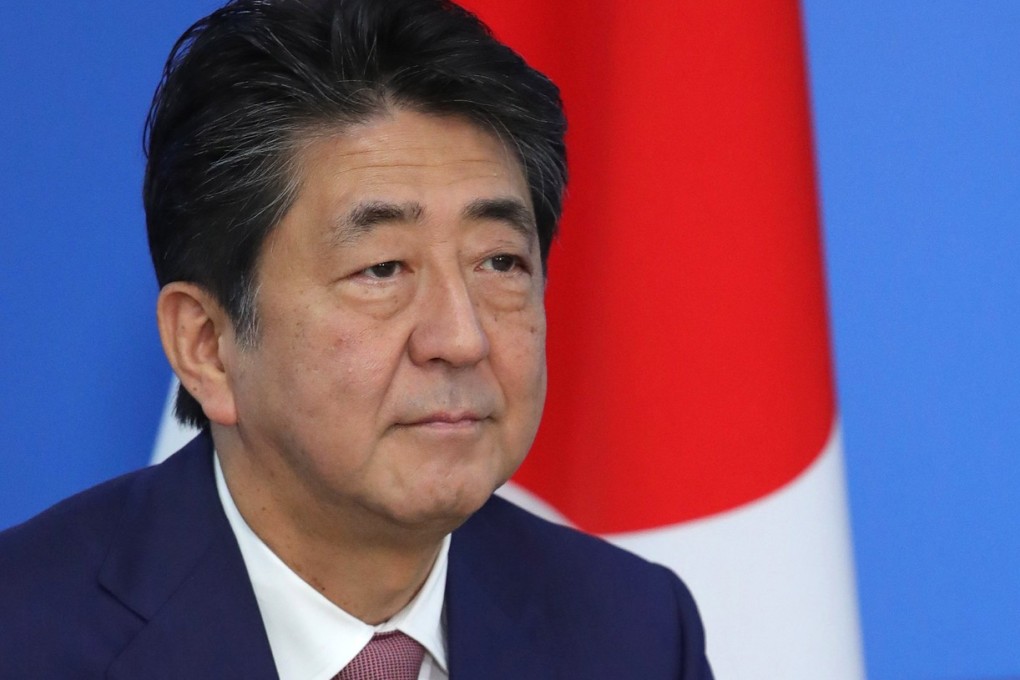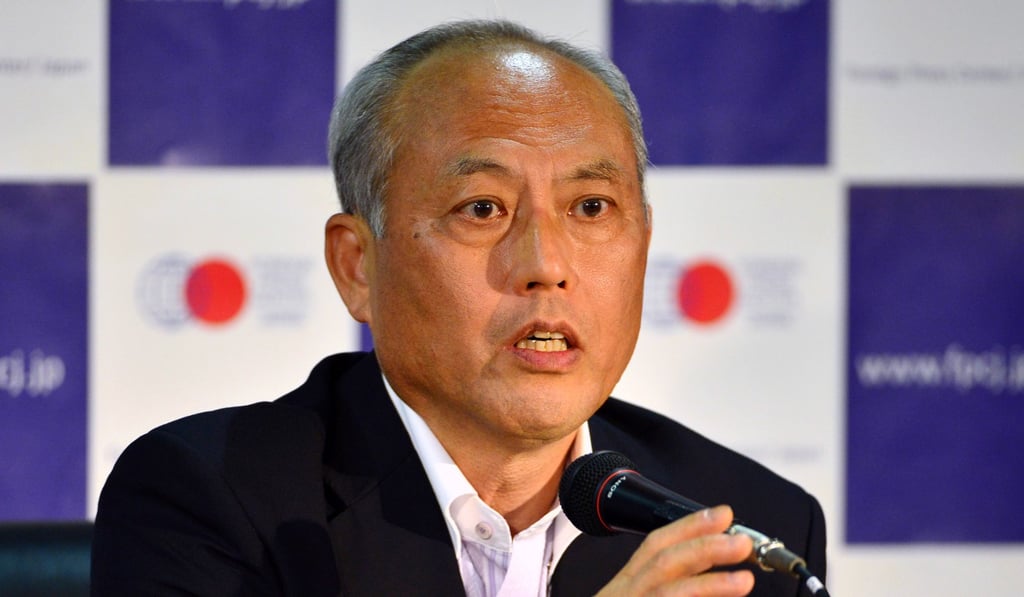Opinion | Coronavirus silver lining for Japan: better ties with China?
- The Covid-19 pandemic provides an opportunity for Shinzo Abe and his potential successors to showcase their political mettle
- Unlike Donald Trump, Abe has refrained from blaming China to score cheap political points. In fact, the crisis has strengthened relations

Abe’s approach to combating the coronavirus has been viewed unfavourably compared to the responses by leaders in Taiwan, Singapore, South Korea, and even Italy and the United States – where widespread testing, social distancing, and lockdowns are under way.
As coronavirus cases in Japan mounted, early opposition fault-finding with Abe gave way to general excoriation of his leadership.

Some polls briefly showed domestic confidence in Abe slipping to 18-month lows.
But despite this torrent of criticism, a competing narrative has begun to form around Abe’s handling of the Covid-19 outbreak, as Japan appears to “flatten its curve” better than most countries. A country of 127 million with the oldest population in the world, Japan has had 52 deaths so far – significantly fewer than in China, Italy, Iran, Spain, France, the United States, and even the United Kingdom and South Korea.
